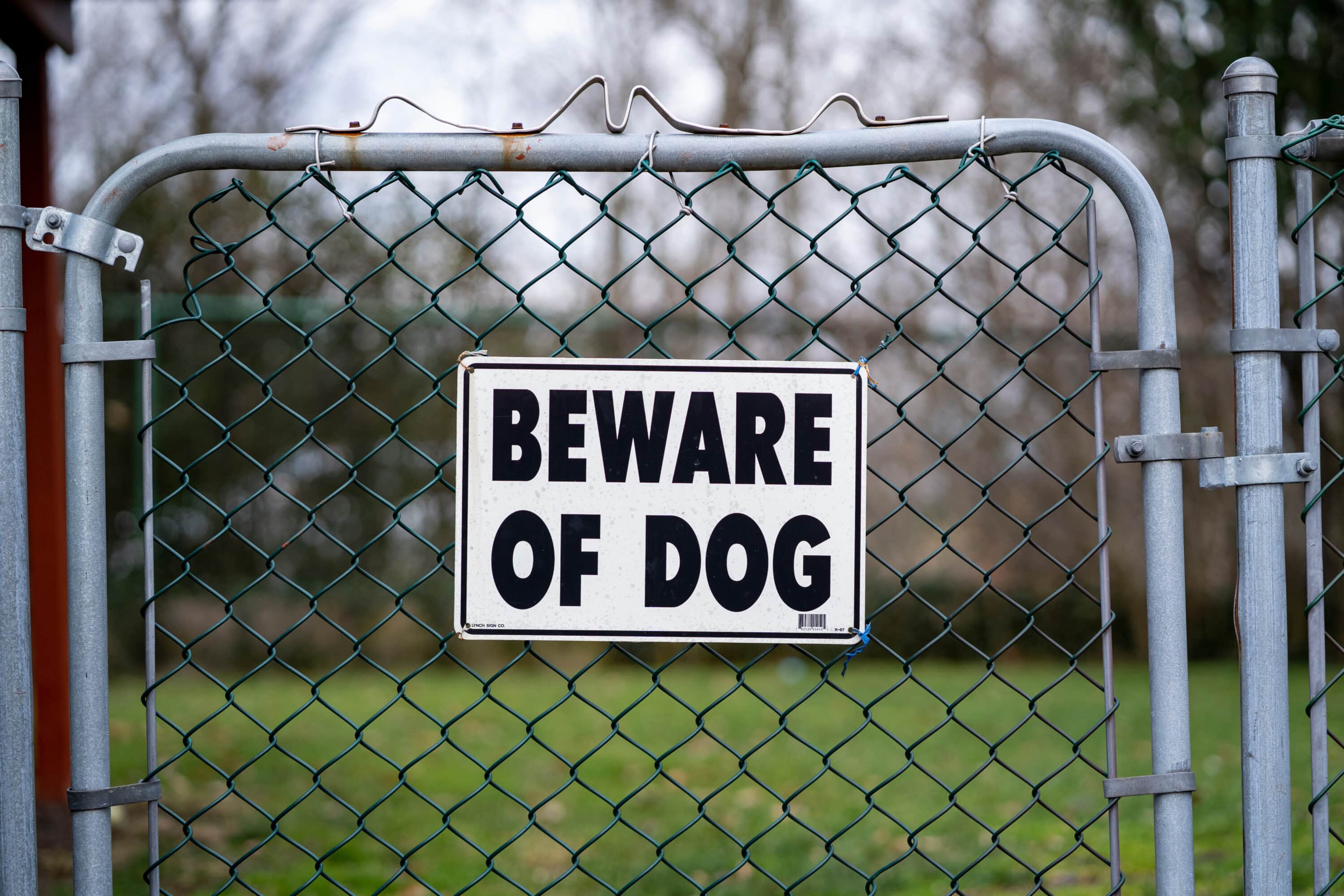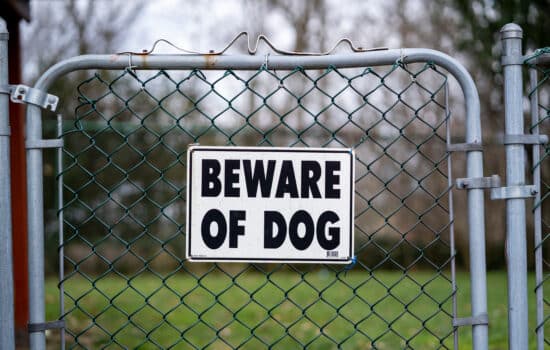By: Attorney Dianna M. Williams| Associate
 If something were to happen to you, who would you want to raise your children?
If something were to happen to you, who would you want to raise your children?
People often associate estate planning with older, retired individuals; however, it is just as important for young adults, especially those with minor children.
When a person passes away or is deemed incapacitated, a guardian will be appointed to take care of his or her minor children. Under Massachusetts law, a person may become the guardian of a minor child through appointment by a parent, a prior guardian or the court. A guardian has all of the powers and responsibilities of a parent regarding the child’s support, care, education, health and welfare. The guardian must act, at all times, in the child’s best interest and exercise reasonable care, diligence and prudence. This, of course, is a lot of responsibility. Therefore, parents should put a lot of thought into who they trust to raise their children and should be sure to take the necessary steps to memorialize this decision in a legal instrument.
Parents may appoint a guardian for their minor children in their will. Parents may also appoint an alternate guardian in case their first choice is unable or unwilling to serve when the time comes.
Typically, where both parents are involved in a child’s life, they will list each other as guardian and then will list another person as alternate guardian. This is consistent with the court’s practice of appointing any surviving parent guardian of a minor child, unless the surviving parent is incapacitated, consents, has had his or her parental rights terminated, signed a voluntary waiver, or is found to be unfit to have custody. However, where both parents are deceased or incapacitated, and where both parents have made guardian appointments, it is the last parent to become deceased or incapacitated whose guardian appointment has priority.
A parent’s guardian appointment contained in a will is taken very seriously and generally will not be disregarded by a court except for good cause. However, a minor who is at least fourteen years old may object to his or her parent’s guardianship appointment and may nominate someone else to serve as guardian instead. This child’s nomination will typically be followed by the court, unless the court finds the appointment contrary to the best interest of the minor.
In addition to a guardian, parents may use a will to appoint a conservator to hold and manage money and other assets for their minor child. This may be necessary where the child has property, or will receive property under his or her parent’s will, because minor children cannot legally inherit money in Massachusetts. Alternatively, parents can set up a trust to provide for their minor child throughout the child’s life. The conservator or trustee can be the same person who is appointed guardian of the minor child. However, some parents prefer different people to be in charge of the minor’s care and the minor’s assets.
For more information on Massachusetts law relating to guardianships and conservatorships, you can visit the Commonwealth’s website and also Massachusetts court system What forms do I file page.
Additionally, if you have any questions or would like assistance in creating an estate plan, please call the attorneys at Wynn & Wynn, P.C., at 1.800.852.5211 or request a free consultation.











